Aja Ekadashi or Annada Ekadashi is celebrated on the 11th day of the Krishna Paksha or waning Moon phase of the Hindu month of Bhadra/Bhadrapada. As per the Gregorian calendar it falls in August-September every year. It is an important Ekadashi and observing the Annada Ekadashi Vrat brings benevolent outcome and blessings of Bhagwan Vishnu.
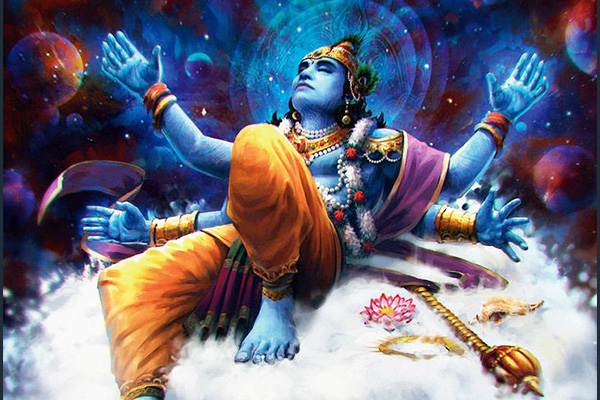
Aja Ekadashi Presiding Deity
The presiding Deity of Annada Ekadashi or Aja Ekadashi is Shri Hrishikesha. Hrishikesha is one of the names of Bhagwan Vishnu, which means Lord of senses or the One who is in control of senses.
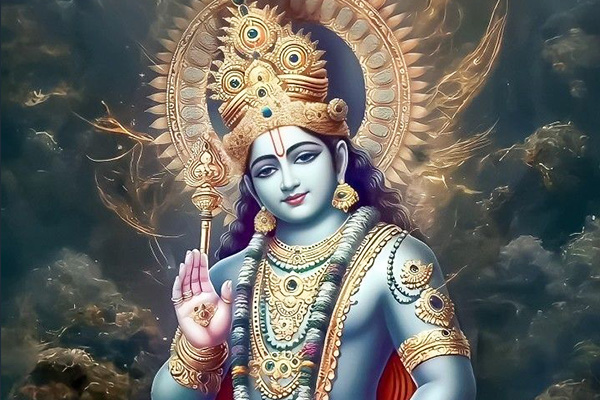
Hrishikesha or Hrisikesha is among the 108 names and the twenty forms of Vishnu . Among the other meaning of Hrisikesha, a beautiful version also says, the Lord who turns all the senses of his devotees towards him. Observing the Annada Ekadashi Vrat and worshipping Lord Hrishikesha with complete devotion and sincerity brings his benevolent blessings.
Aja Ekadashi Tithi & Muhurat (Date & Time)
Aja Ekadashi on Monday, September 7, 2026
On 8 th Sep, Parana Time - 06:24 AM to 09:02 AM
On Parana Day Dwadashi End Moment - 10:12 AM
Ekadashi Tithi Begins - 02:59 PM on Sep 06, 2026
Ekadashi Tithi Ends - 12:33 PM on Sep 07, 2026
The fast must be broken after sunrise the next day of Ekadashi. Note that one should break the fast (Parana) within Dwadashi Tithi. Dwadashi ends at another important consideration is that one must not break the fast-during Hari Vasara.
Aja Ekadashi Vrat Vidhi (Fasting Procedure)
The Aja (Annada) Ekadashi Vrat Vidhi are to be followed meticulously.
Aja or Annada Ekadashi Vrat starts on the morning of Ekadashi and the Sankalp(intension) of observing the Vrat(fast) should be taken after having bath early in the morning, preferably before sunrise.
Invoke and worship Bhagwan Hrisikesha/Vishnu.
Beans and grains are prohibited to eat on Ekadashi for devotees who are fasting by eating one meal on Ekadashi.
-Ekadashi-Vrat-Vidhi-(Fasting-Procedure).jpg)
Non vegetarian food, onion, garlic is strictly not allowed on Ekadashi and Dwadashi.
Drinking alcohol, smoking, using drugs, tobacco, other addictions and sex are prohibited on the two days.
Sleeping during the day or night during Ekadashi Vrat is disallowed.
The devotees should chant/ sing praises of Lord Vishnu/Krishna, chant the Vishnu Sahasranama, read the Bhagawat Geeta and other holy books through the day and night.
Talking/thinking ill of others or self, gossiping, does not give the desired outcome of the Ekadashi Vrat.
Maintain calmness, avoid anger/aggression for the best outcome of observing the Annada/Aja Vrat.
Distribute the Prasad to family members and as many people as possible on Dwadashi.
Devotees who observe fast should not eat food in other people's house on the day after Ekadashi.
The next morning give charity to Brahmanas respectfully ask them for forgiveness for any offence. Donating to the needy is also advised which garners Vishnu's blessings.
For people who observe Annada Ekadashi Vrat, when breaking the fast, should say the prayer - 'O Pundarikaksha, O lotus-eyed Lord, now I will eat. Please shelter me'.
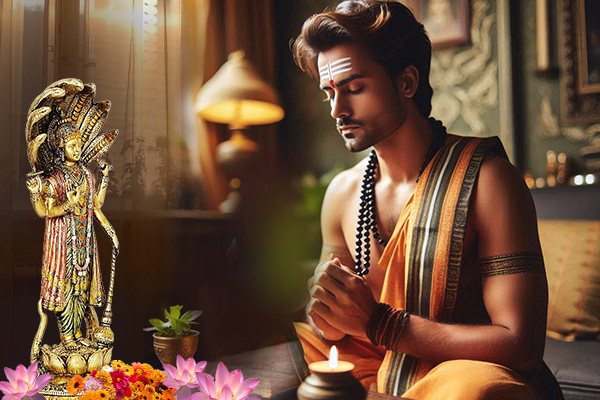
After the prayer the devotee should offer flowers and water at the lotus feet of Vishnu and request the Lord to eat by chanting the mantra of eight-syllable, thrice: Om Namoh Narayanaya. To garner the full merits of the fast, the devotee should have water which has been offered to the Lord.
On Dwadashi only one meal should be eaten, and Honey and Urad-dal (black lentil) is not to be consumed.
For devotees observing fast, if due to some unavoidable reason they are not able to break the fast on Dwadashi during Prana time, then drinking water to signify breaking of fast is advised. Later food can be eaten as per convenience.
Aja Ekadashi Puja Vidhi (Puja Procedure)
.jpg)
- On Annada Ekadashi after taking an early morning bath the devotees can set a special altar for the Annada/ Aja Ekadashi Puja.
- In the Puja Altar/room or on the North East side (Ishaan kon) of your dwelling, set up a Chawki (raised platform) as a seat for Shri Hrihikesha.
- Keep a small heap of whole Wheat on the Chowki and put a Puja Kalash(pot) on top of that heap.
- Put clean water in the Kalash and place Pan leaves (Betel leaves) on the mouth of the pot and a Coconut.
- Bhagwan Vishnu or Krishna images/idols and Shaligram Shila are worshipped on the day.
- Performing Abhishekh of the sacred Shaligram Shila with Water and Tulsi leaves and Panchamrit is a must on the Annada Ekadashi day, for devotees who have the Shaligram Shila.
- Light a Ghee Diya and offer fresh flowers, garland, Tulsi leaves and pray to Shri Hrishikesha.
- Apply Chandan paste Tilak to the Deity images/idols/Shaligram Shila.
- Pray to Hrishikesha and offer him Bhog, seasonal fruit, sweets.
- Chant Lord Vishnu Mantras, Vishnu Sahasranama , Vishnu Chalisa etc. and worship Hrishikesha with pure heart.
- Goddess Laxmi, consort of Bhagwan Vishnu and Goddess of wealth, good fortune and abundance and Tulsi jee is worshipped on this day with Hrisikesha.
- Reading or hearing the Annada Ekadashi Vrat Katha is a must.
- Perform Aarti and bow down to Divine with gratitude.
- Perform evening Aarti with your family.
Aja Ekadashi Puja & Vrat (Fasting) Mantras
On Annada Ekadashi Bhagwan Vishnu/Krishna Mantras are chanted.
Mantras:-
Om Namo Narayanaya
Om Namah Bhagavate Vasudevaya
Hare Krishna, Hare Krishna
Krishna Krishna, Hare Hare
Hare Rama, Hare Rama,
Rama Rama, Hare Hare
Aja Ekadashi Vrat Katha:
.jpg)
As mentioned in the ‘Brahmavaivarta Purana’ the Annada Ekadashi Vrat Katha was narrated to Yudhisthira (the eldest Pandava brother) by Shri Krishna, when He wanted to know the name and merits of the Krishna Paksha Ekadashi in Bhadrapada month (August -September).
Shri Yudhishthira Maharaj said, 'O Janardana! Now, tell me about the Ekadashi in the dark fortnight of Bhadra. Explain in detail the name and rituals of this Ekadashi.'
Lord Krishna replied, 'O Rajarshi! The Ekadashi in the dark fortnight of Bhadra is known as Aja or Annada Ekadashi. On this day, if a person worships and fasts in devotion to Hari, all their sins are eradicated. There is no other Ekadashi in the world that equals the significance of this Ekadashi, which bestows assistance in both this world and the hereafter. Now, attentively listen to the greatness of this Ekadashi.'
In the ancient times, there was a righteous and honest king named Harishchandra in the lineage of Shri Rama, ruling in the city of Ayodhya. The king was renowned for his unwavering truthfulness and integrity.
Once, the gods, on the request of sage Vishwamitra, devised a plan to test his virtue. King Harishchandra had a dream in which he saw he donated his entire kingdom to the sage Vishwamitra. When Vishwamitra arrived at his palace the next morning, he said, 'In my dream, you have already given me your kingdom. Why not do it in real life?'
King Harishchandra, abiding by his commitment to truthfulness, handed over his entire kingdom to Sage Vishwamitra. To fulfill the Dakshina for the offering, he had to sell himself, his wife, Taramati, and his son, Rohitashva. This was done due to the Karmic consequences of his past life's deeds. Harishchandra sold himself to a “Dom”, who was responsible for performing funeral rites in the cremation grounds.
He became a servant of the Dom, even working in the task of assisting in the last rites of people and cremating their bodies. However, even in this dire circumstance, he did not abandon his commitment to truthfulness.
As the years passed in this manner, he began to suffer greatly due to his lowly occupation. He started searching for a way to free himself from this ignoble fate, constantly pondering, 'What should I do? How can I attain liberation from this wretched existence?' On a fateful day, sensing the king's profound sorrow and his earnest quest for a solution, Sage Gautama appeared at his doorstep.
King Harishchandra paid his respects to the sage and began to narrate his sorrowful tale. After hearing the woeful story of King Harishchandra, Sage Gautama himself became deeply sorrowful and said, 'O King! In the dark fortnight of Bhadrapada month, there is an Ekadashi called Aja Ekadashi. You should observe this Ekadashi with strict fasting and remain awake during the night. By doing so, all your sins will be absolved.'
Having spoken these words, Sage Gautama walked out of the door and vanished just as mysteriously as he had appeared out of nowhere.
Upon the arrival of the Ekadashi named Aja, King Harishchandra followed the sage's instructions with utmost dedication, observing fasting and remaining awake during the night. The power of this vow absolved all the sins of the king. However, during this time, tragedy struck as a serpent bit his son, Rohitashva, leading to his demise.
The queen brought her lifeless son to the cremation ground, and there, King Harishchandra, trying hard to contain his sorrow, beseeched her for the cremation fees. But the helpless queen had nothing to offer. She tore a piece of her saree to complete her son's last rites. At that moment, celestial music played in heaven, and a shower of flowers fell. Before them stood Brahma, Vishnu, Shiva, and other celestial deities. They witnessed the king and the queen's unwavering devotion and selflessness.
In this divine moment, the king saw his departed son brought back to life, and his wife adorned in royal attire and jewelry.
Because of the vow, the king eventually regained his kingdom. A sage had orchestrated all these events to test the king, but the power of the Annada Ekadashi vow dissolved all the illusions created by the sage. In the end, King Harishchandra, along with his family, ascended to the heavenly realm.
“O King! This was the incredible impact of observing the Aja Ekadashi vow.”
Anyone who observes this fast with dedication, along with staying awake at night, has all their sins obliterated, and they ultimately attain heaven. Just by listening to the story of this Ekadashi fast, one can achieve the fruit of performing an Ashwamedha Yajna.
Annada (Aja) Ekadashi Vrat (Fast) Significance
-Significance.jpg)
The auspicious Annada or Aja Ekadashi Vrat relieves the devotee of sins and helps to get liberation from the cycle of birth and death.
He/she is protected from evil energies, harm, danger, Black Magic, Ghosts etc.
The devotee lives a prosperous, healthy and happy life, by the grace of Shri Vishnu.
The Annada Ekadashi Vrat Katha clearly narrates how Raja (King) Harishchandra got relieved of his sins by observing the Annada Ekadashi Vrat.
As per the ancient texts, merely hearing or reading the Annada Ekadashi Vrat Katha is equivalent to the fruits earned performing Ashwamedha Yajna.
Abstaining from eating or drinking anything on Annada Ekadashi requires devotion, patience and control over one's senses.
It is an important Vrat to observe, to please Bhagwan Vishnu in the Hrisikesha form.
Annada Ekadashi “Daan” (Donation)
Donation on Annada Ekadashi is considered highly auspicious and commendable. Here are some suggested items to donate on this sacred day:
.jpg)
Donation on Devshayani Ekadashi is considered highly auspicious and commendable. Here are some suggested items to donate on this sacred day:
Food items:
- Rice, wheat, and other grains.
- Fruits and vegetables.
- Cooked meals to the needy and hungry.
Click Here to Book Food Donation (Ann Daan)
Clothing:
- New clothes for the poor and underprivileged.
- Warm clothes, blankets, and shawls, especially in cold areas or winter seasons.
Click Here to Book Clothes Donation (Vastra Daan)
Donating Money:
- Financial donations to temples, charitable organisations, or directly to those in need.
- Supporting the education of underprivileged children by donating to schools or educational charities.
Religious Items:
- Books on spirituality and religious scriptures.
- Items used in worship like incense sticks, diyas (lamps).
Shelter and Support:
- Donating to shelters for the homeless or animal shelters.
- Contributing to the construction of schools, hospitals, and community centres.
Cows and Animal Care:
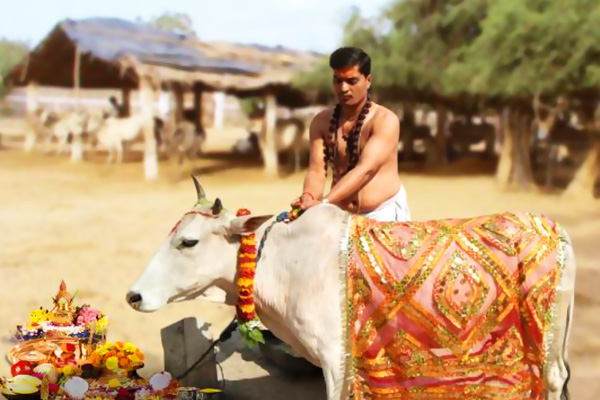
Click Here to Book Cow Donation (Gau Daan)
- Donating to goshala (cow shelters) or animal welfare organisations.
- Providing food & fodder and other essentials for animals.
While making donations, it's important to do so with a pure heart and the intent to help and uplift others. This selfless act of charity not only benefits the recipients but also brings spiritual merit to the donor. Observing these practices on Annada Ekadashi is believed to cleanse one's soul, remove past sins, and attract divine blessings.


-in-Astrology.jpg)
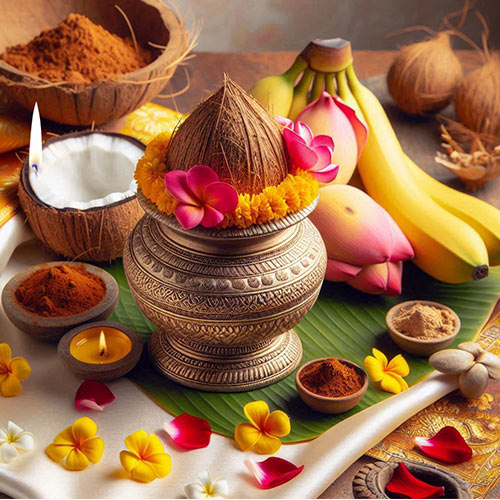
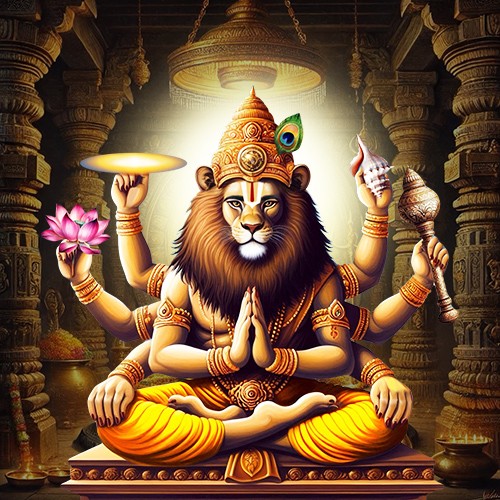
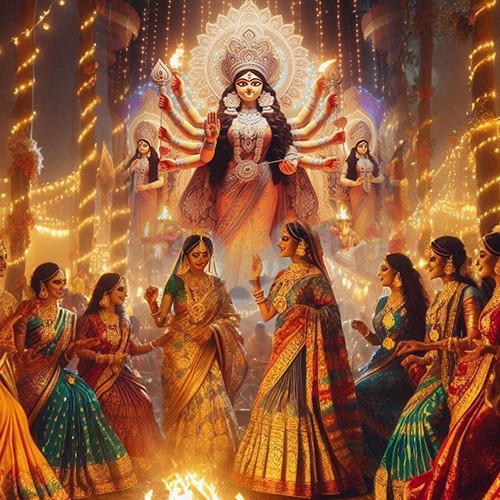
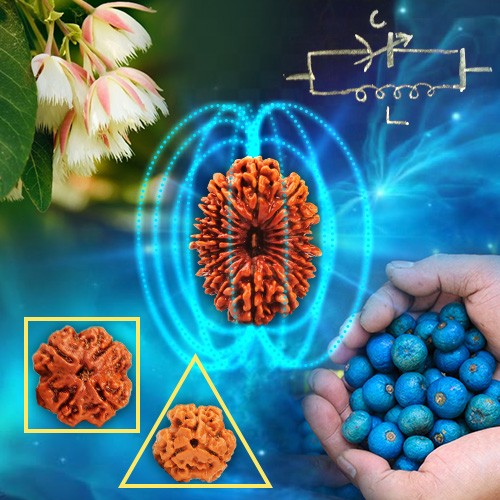

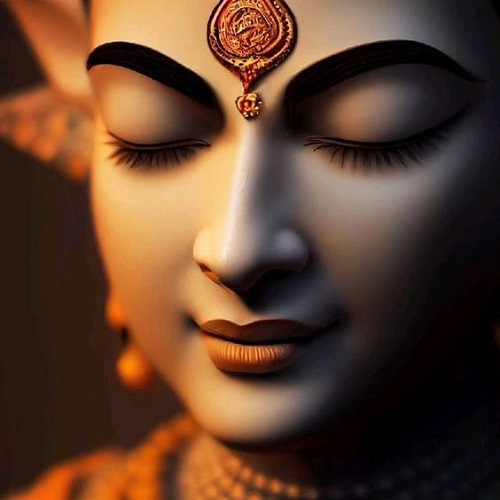
.jpg)
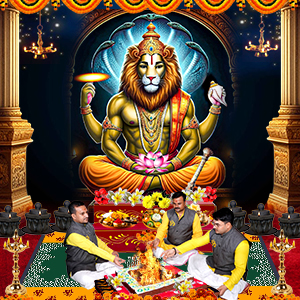
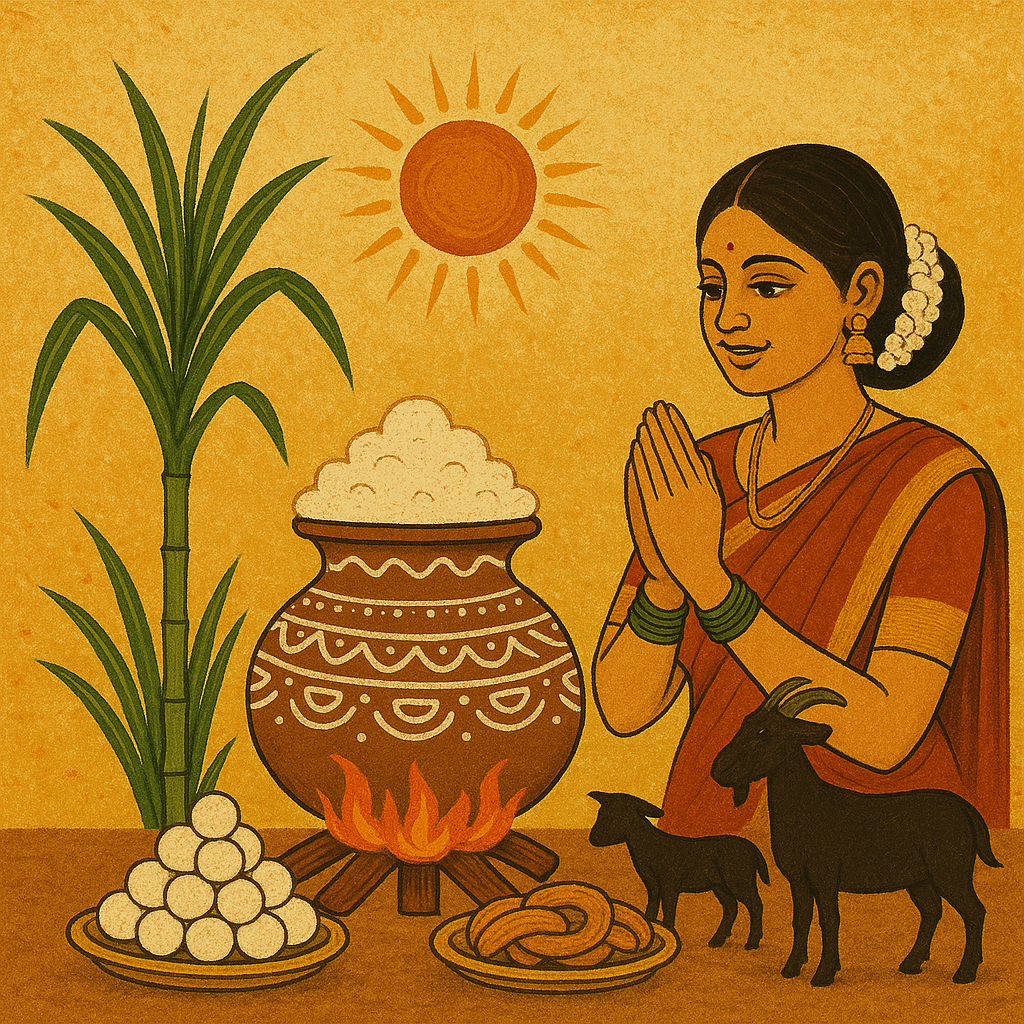
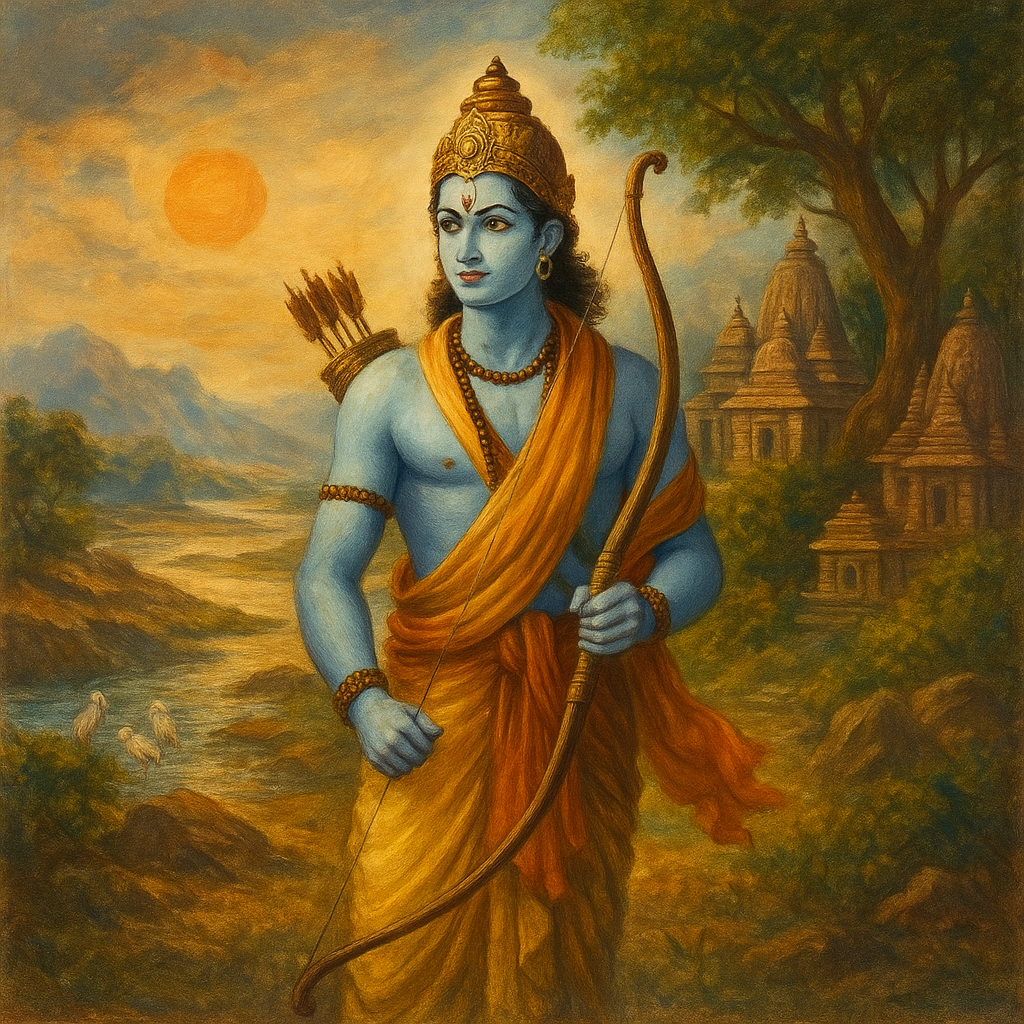
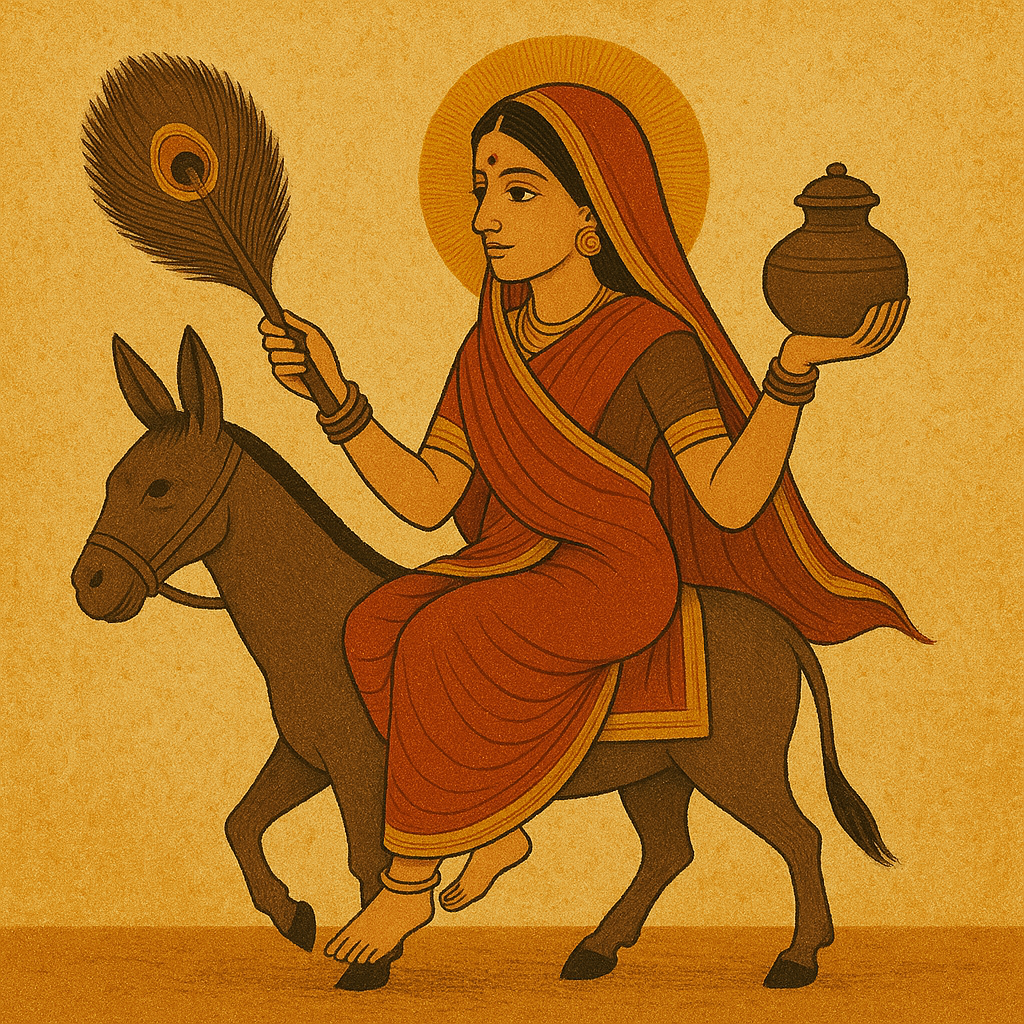
Comments 0
Leave your thought here